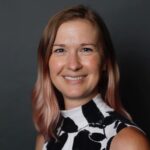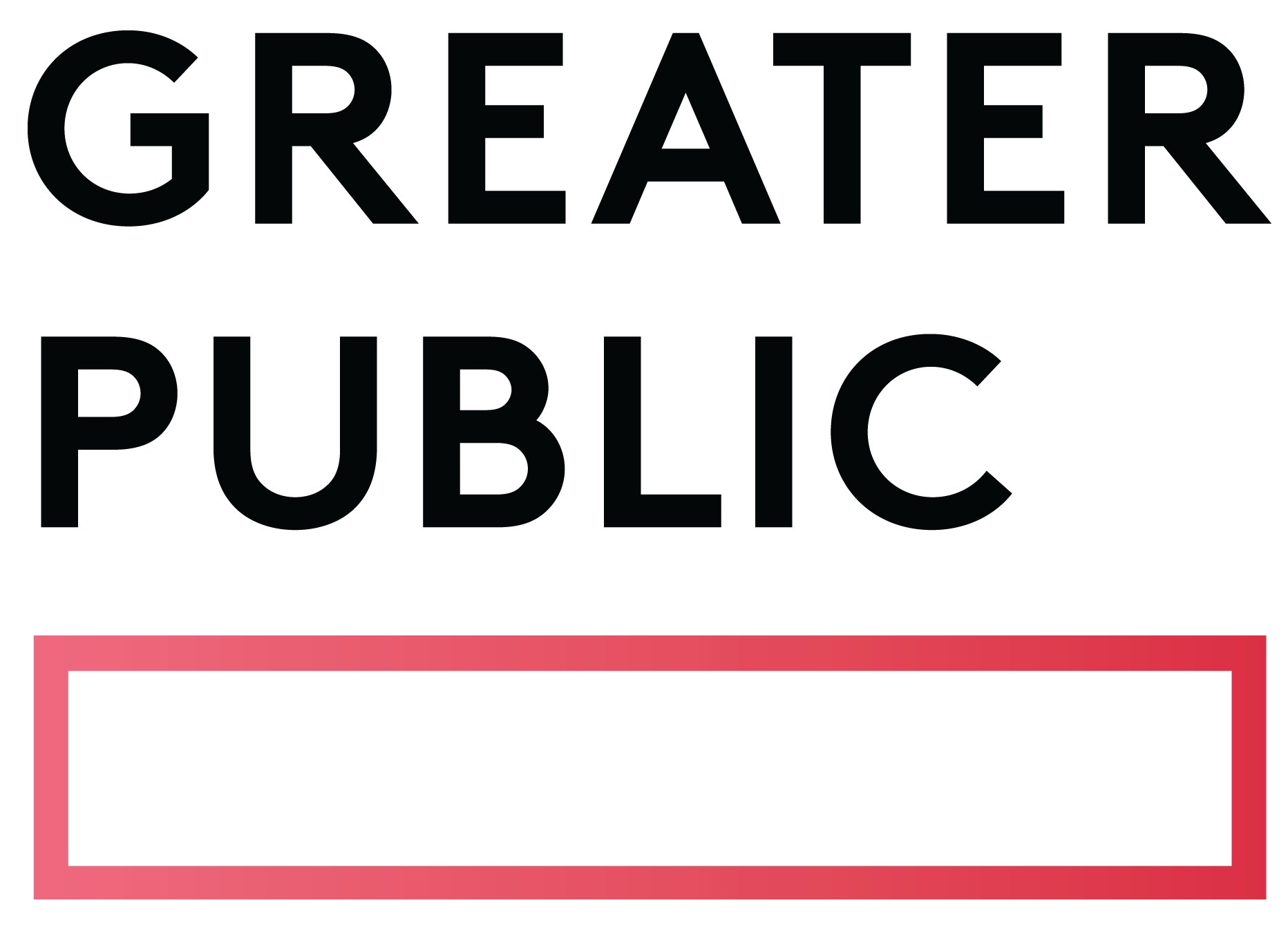Related Articles
Subscribe to the Greater Public newsletter to stay updated.
This site is protected by reCAPTCHA and the Google Privacy Policy and Terms of Service apply.

Imagine reaching out to the donors on your major gifts caseload with the confidence that they want to take your call.
As is the case in any relationship, cultivating your donors is more rewarding – and successful – when the relationship is mutual.
“[I used to] assume that everyone wanted to talk to [me] if they picked up the phone even one time,” recalls Alysha Pasquali, Strategic Philanthropy Director at WCMU Public Media, who worked with Greater Public and Veritus Group through changes that resulted in major giving revenue per donor increasing by 43% in a two year period.
Permission-based asking was part of the donor qualification process and other changes the station implemented to reach this success. It meant that Pasquali asked every donor in her portfolio if they wanted to receive communication and, if so, how.
It’s part of getting to know a donor, what their desired relationship is, and the connections that work for them. Knowing that a donor had opted into a deeper relationship with the organization contributed to the enthusiasm Pasquali felt each time she tried to contact that donor.
“If there were people I didn’t know well who weren’t as responsive, I reminded myself that they gave permission [to be contacted],” she explains. “It helped me feel more confident to persist.”
“And sometimes people would actually say no,” she adds. “That was helpful too.” Knowing when someone didn’t want to receive communication ensured that she wasn’t bothering a prospect or wasting anyone’s time.
Donor qualification allows major gift officers to identify the donors who actually want to engage, and move the donors who do not into the right program for them. But WCMU didn’t always qualify every major gift prospect.
“We were trying to talk to a lot of the wrong people just because a piece of paper or report came back saying we should be talking to them.” adds Jim Rademaker, who served as General Manager at WCMU during their major gifts work with Veritus. “We were trying to communicate on this 1:1 level, but they didn’t have any interest! The qualifying process was a game-changer.”
Many public media stations have the practice of adding donors to a major gift portfolio because of wealth screening reports or meeting the criterion of a giving threshold. This leads to overburdened portfolios full of prospects who may never want to engage on a personal level with the organization. In reality, only one out of every three prospects want to connect on a 1:1 level. Out of 450 donors from a qualification pool, just 150 will be qualified into a major gift portfolio.
“Today, nothing frustrates me more than hearing major giving folks saying ‘We have a new prospect with a lot of money and they gave us a gift,’” Rademaker says. “We have people giving several thousand dollars to our station who could be a major donor, but to warrant the [major gift] officer’s full attention, you have to want to engage one-to-one.”
“[The gift] is step one of a million,” he adds. “It doesn’t mean you have a prospect.”
While not literally a million steps, Veritus does recommend a qualification process that is fairly labor-intensive, sometimes taking months to work through an entire file. At WCMU, Pasquali diligently ushered batches of 10-15 donors from her pool of donors through the process which included sending an introductory letter, then several additional scheduled touch points in hopes of having a two-way connection with the donor.
She learned to interpret persistent lack of response as a sign that it wasn’t the right time for the donor, and she should move the donor out of the process. But each qualifying phone call she did have yielded a wealth of information that allowed her to create a roadmap for communication with the donor, including whether or not, and how, they wished to be contacted.
She admits it was a lot of work, but the result of qualifying donors from her portfolio resulted in easy, enjoyable, and financially rewarding work. She calls it a “structure for success.”
“If you follow the steps you really will have success,” she exclaims. “And that leads to feeling happier at your job.”
Donor qualification also changes where a major gifts team has to expend its energy.
“We’re able to do more donor stewardship and less rethinking strategies,” observes Colorado Public Radio Senior Vice President of Development, Jim East, who also worked with Veritus and saw his station’s major gift revenue per donor increase by 92% in a two-year period.
“It makes for better donor engagement because you have a plan and work it, as opposed to [wondering] ‘What are we going to do now?’” East continues. “It’s better for the donor and impact. It allows creative energy to [go into] building, as opposed to recreating.”
As an example, just one major gift officer’s average gift amount for their caseload went from $2,500 to $5,500 after applying the rigor of the qualification process along with other practices demonstrated to elevate major gift results.
“[The officer is] getting [qualified] donors in the portfolio and they’re increasing their gifts as she is doing the work,” exclaims East. “It’s really energizing for her.”
The partnership with Greater Public and Veritus Group that’s designed to transform major gift results is available to all stations as The Major Giving Pathway for Public Media.
“I’ve never been bad at my job, I’ve always been successful,” observes WCMU’s Pasquali. “But you’re never going to get to your greatest success if you don’t have a plan.”

View these related member resources and more with a Greater Public membership:
This site is protected by reCAPTCHA and the Google Privacy Policy and Terms of Service apply.
New to Greater Public? Create an account.
